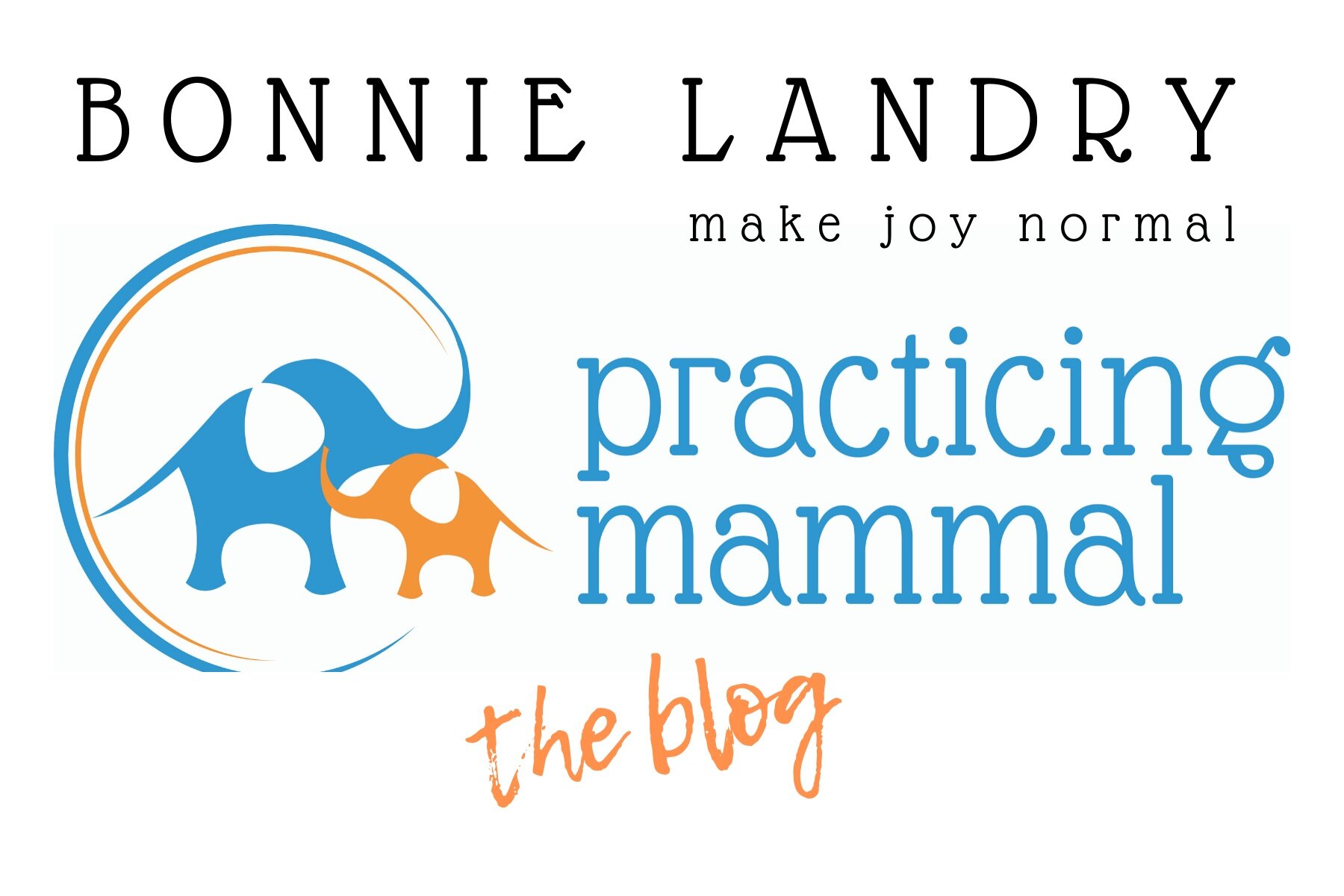the best book I ever read
When I was 23 years old and expecting my first child, I thought a lot about the kind of mother I wanted to be. Like most young moms, I hoped to be an awesome mom. I sifted through the experiences and examples in my life, and took what I saw to be good in the realm of being a mother. There was much good.
I knew I wanted to breastfeed my little baby, because...well, because I had breasts and it seemed like I should probably use them for their intended purpose. While my body was busy growing a baby and my breasts were buys percolating up some good old fashioned breast milk, my brain was forming to become the mother that I wanted to be. The person I wanted to be.
I had no mentors in my life. Nobody who had even nursed a baby in the last five years that I might have called an acquaintance. But still, I knew I would nurse mine. I didn't know how long a person breastfed their baby for. No idea. Until they got teeth? Until the ate food? I didn't know.
Walking in a book store one day, maybe around six or seven month pregnant, I was perusing the mother-to-be section when I came across a few books on breastfeeding. I thought a book on breastfeeding might be helpful to a person in my present state. I picked out, at the moment, the most influential book I would ever read.
The Womanly Art of Breastfeeding.
Twenty seven years later, I don't know if it is considered trite or outdated, but I have given away a few dozen copies of this book. It is so much more than a book about breastfeeding. It is a book that truly embodies La Leche League's motto, "people before things." Truly, it is about relationships, growing as a person, balance, priorities, love.
Here is a full review that really does the book justice.
Can a book teach you how to be a mother? This book taught me, helped me to become an adult and to enter into my new role as mother with confidence and abandonment. It taught me passion. The Womanly Art of Breastfeeding was a foundational element to the person that I am.
Everlasting thanks to La Leche League and in particular the women who knew that our cultural mothering needed their tender, loving care.

